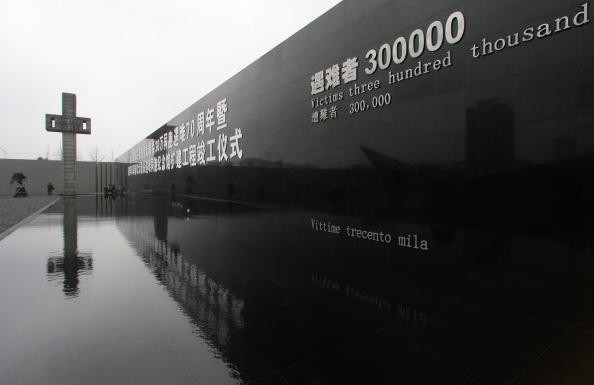In a move to stir nationalism among the Chinese youth and increase the support for the ruling Communist Party, the Xi government has recently ordered a revision of its textbooks. Specifically, to revise the details about the Second Sino-Japanese war, which will now be described as the "14-Year War of Resistance Against Japanese Aggression."
According to the Ministry of Education, the move to add six years to the war is aimed at promoting patriotic education and to highlight the Communist Party's "core role" in resisting Japanese fascism prior to the Second World War.
Aside from extending the time frame, the war will also be getting a new name.
The Marco Polo Bridge incident (also known as the Lugou Bridge incident) is widely viewed as the start of the Second Sino-Japanese War. On 7 July 1937, the Imperial Japanese Army exchanged fire with Chinese troops near the bridge after a Japanese soldier was reported missing.
On 18 Sept. 1931, the Japanese staged the bombing of their own railway in the city. However, the explosion was so small that a train still managed to pass through despite the damage. It may seem like an unimportant event, but Japan used this to occupy Manchuria where they established the puppet state of Manchukuo in 1932.
"I think this is a very wise decision and that the country's record of history is moving in the right direction because it is in accordance with the historical reality and helps young people, especially those in northeast China, to understand the history of the area better," said Jin Shenghong, a historian whose work focuses on the Japanese occupation of Nanjing.
From a historical perspective, historians believe that the revision is justified.
"But it would also have political benefits for the party and would encourage anti-Japanese sentiment," said Zhang Lifan, a Beijing-based historian.
The revision might build tension to the already deteriorating relationship between the two nations. According to Yasuhisa Kawamura, press secretary for the Japanese Ministry of Foreign Affairs, it was not up to China to decide the length of the war.
He added that the two nations "should not excessively focus on the unfortunate past."
While it is true that history is written in the point of the view the victor, it is also important that it is used as a reference to current and future issues. If it won't be used for such a purpose, what then is the use of learning history if we are only going to repeat it?



























